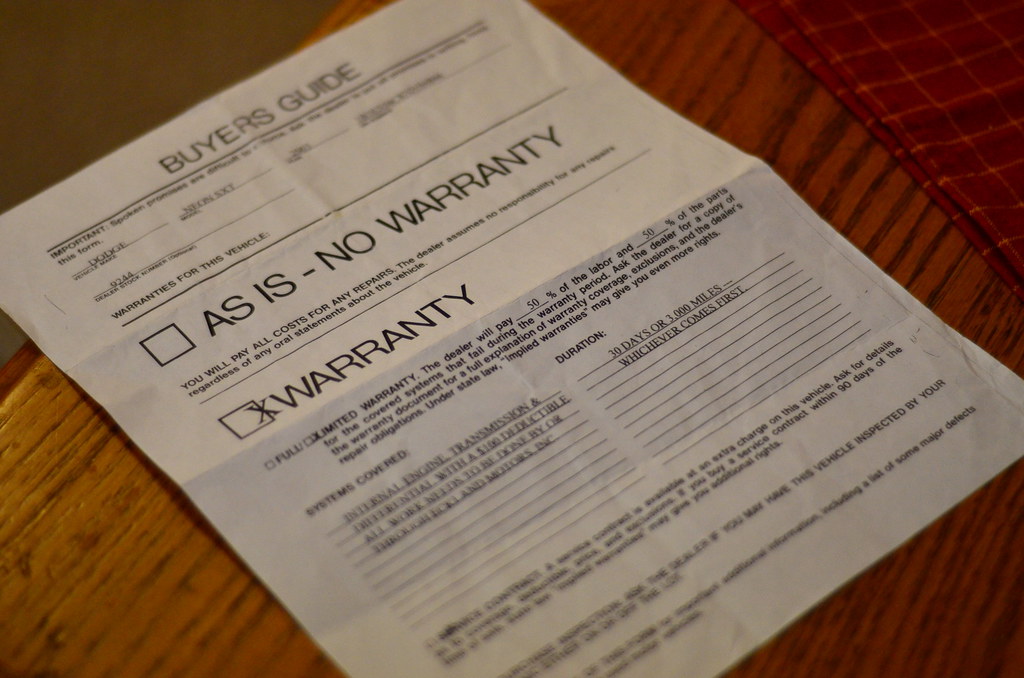
When purchasing a vehicle, many buyers encounter various dealer add-ons. While some options may seem beneficial, experienced consumers often decline certain add-ons that can inflate the final price without providing value. Here are ten common add-ons that smart buyers typically reject.
1. Extended Warranties
Extended warranties may promise peace of mind, but they often come at a high cost. Many buyers find that the manufacturer’s warranty is sufficient, and the likelihood of needing extensive repairs is low. According to the National Highway Traffic Safety Administration (NHTSA), most new vehicles experience minimal issues within the warranty period.
2. Paint Protection
Dealer-installed paint protection products often carry a hefty price tag. Many consumers opt for DIY solutions or rely on the vehicle’s factory finish, which is typically resilient enough without additional treatments. The NHTSA emphasizes that regular maintenance can keep a vehicle’s appearance intact.
3. Fabric Protection
Similar to paint protection, fabric protection claims to shield upholstery from stains. However, most manufacturers use durable materials that resist wear and tear. Buyers are advised to consider regular cleaning instead of paying extra for dealer add-ons.
4. VIN Etching
VIN etching involves engraving the vehicle identification number on windows to deter theft. However, this service can often be found at a lower cost or even for free through insurance providers. Smart buyers usually skip this add-on to avoid unnecessary expenses.
5. Tire and Wheel Protection
Tire and wheel protection plans offer coverage for damage, but many drivers never utilize these services. Research indicates that the likelihood of incurring such damage is low, leading savvy buyers to decline this costly add-on.
6. Key Replacement Insurance
Key replacement insurance may seem wise, but the cost often outweighs the actual replacement price. Many consumers find that the expense is not justified, especially with the availability of affordable locksmiths.
7. Nitrogen Tire Inflation
Nitrogen tire inflation is marketed as a way to enhance tire performance. However, the benefits are minimal compared to regular air inflation, making it an unnecessary add-on for most buyers.
8. Gap Insurance
Gap insurance covers the difference between what you owe on a car and its current value in case of a total loss. While it can be helpful, many auto insurance policies offer similar coverage at a lower cost. Buyers are encouraged to compare options before committing.
9. Maintenance Packages
Maintenance packages promise scheduled servicing at a fixed rate, but many buyers find that paying per service is more economical. Additionally, many manufacturers offer complimentary maintenance for a certain period, making these packages redundant.
10. Dealer Prep Fees
Dealer prep fees are often included in the final price, covering supposed costs of preparing the vehicle for sale. Buyers should review the breakdown of fees and negotiate to remove these charges, as they can significantly increase the overall cost.
Final Thoughts
Smart buyers should be cautious about add-ons that can inflate vehicle prices. Researching each option and understanding its value can lead to significant savings. Always review contracts carefully and don’t hesitate to negotiate for a better deal.



